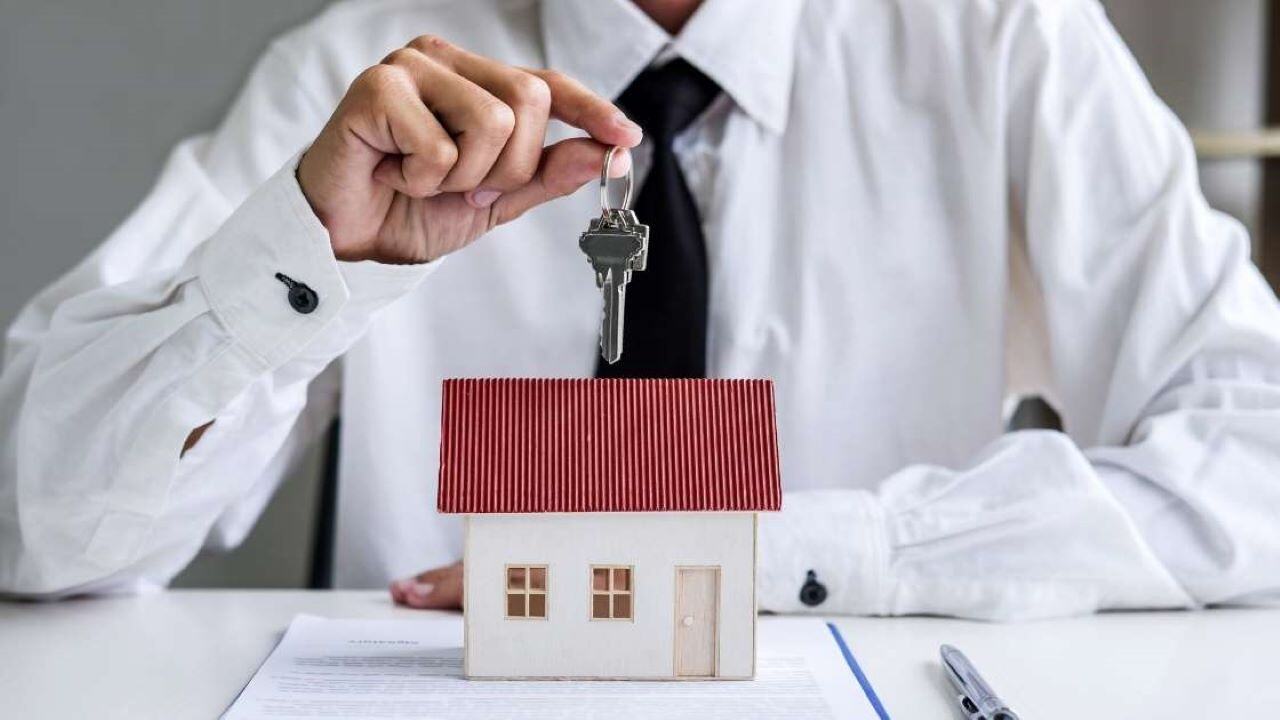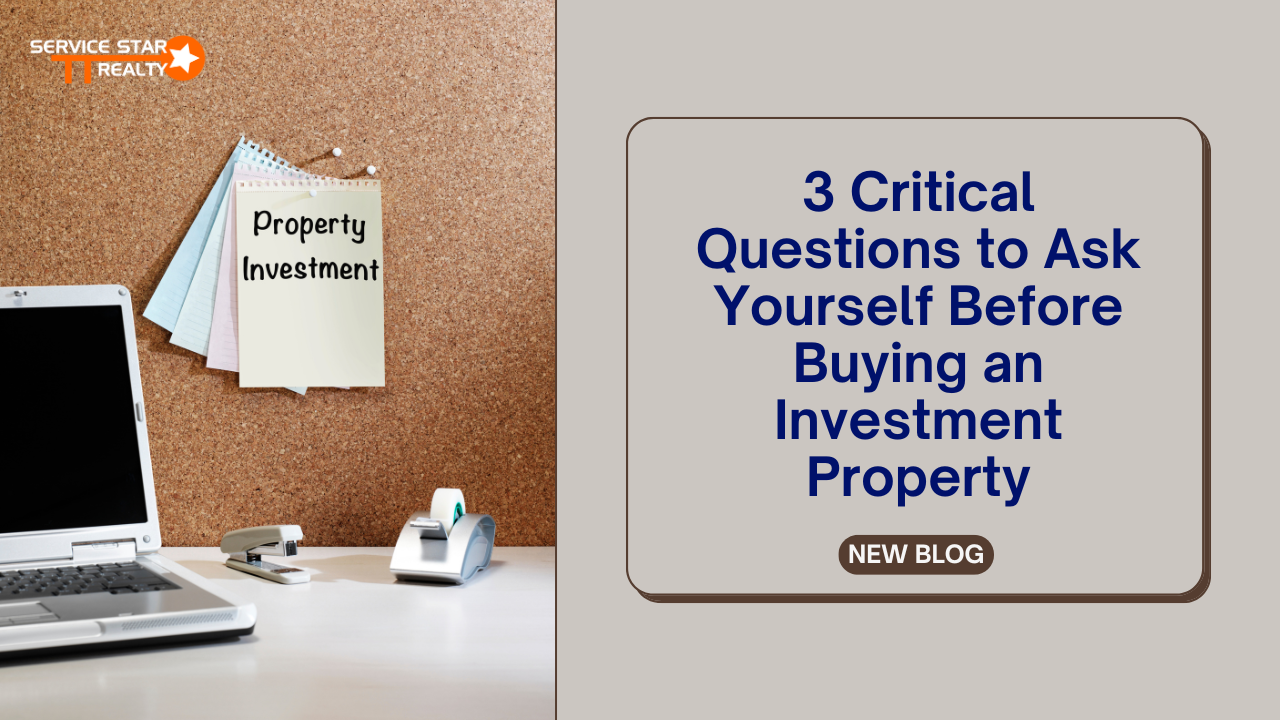Buying an investment property without doing your due diligence can turn out to be financially devastating for you. As a savvy investor, you’ll want to have a comprehensive understanding of what you’re getting yourself into.
To get started, you’ll want to consider three fundamental things. That is, an investment’s profitability, the risks involved, and your risk mitigation strategies. Once you’ve considered these three things, you may then be in a better position to buy an investment property.
1. How Are You Going to Profit?
Go for an investment property that perfectly aligns with your financial goals. For example, if you’re looking to become a BRRRR investor, you’ll want to understand the basics of the process.
BRRRR stands for Buy, Rehab, Rent, Refinance, and Repeat. It’s how flipping properties works, only that you get to rent out the property after the renovation process rather than selling it.
Before investing, ask yourself what makes for a successful BRRRR. For example, do you have enough funds for the down payment, closing costs, and renovation expenses? Are you in a position to handle the potential unexpected costs that can arise during the renovation process? What are your long-term goals?
If you can answer those questions comfortably, then you’re probably suited to become a BRRRR investor. However, if the opposite is true, then you may well be on your way to losing money.
In a similar fashion, if you’re looking to become a landlord, familiarize yourself with the basics first. While renting out a property may seem straightforward, it has its complications.

Ask yourself the following questions to gauge your suitability: What is my investment goal? Am I prepared for the time commitment? Will I self-manage the property or hire a property manager? Do I understand landlord-tenant laws?
Fortunately, even if you have zero landlording skills, you can always hire someone else to do it for you. A full-service property management company can help handle everything on your behalf.
2. What Are the Risks Are Involved?
Just like any other investment, buying an investment property isn’t without risks. In fact, the real estate industry is one of the riskiest investment ventures one can venture into. This is especially true for first-time investors who fail to take due diligence seriously.
Suppose you are planning to flip a property. You have done all the ROI calculations, went ahead and bought the property, and the renovation works are already ongoing. In the process, however, contractors working on site come to realize that the property has a serious structural issue.
The unexpected structural issue requires an additional $40,000 to fix. The problem is so bad it would render the home uninhabitable and you’d have no way to rent it out. Now, it means that your budget is over by a whopping $40,000, and maybe you were only expecting $25,000 after the flip. The sad reality is that you’re going to be $15,000 in the hole!
This is all too common in real estate investing. That’s why it’s important to understand the risks involved and what you could do in such situations.

If you’re looking to invest in a rental property, the following are some risk factors to keep in mind:
- Vacancies: The property could end up staying vacant for extended periods.
- Repairs and maintenance: An unexpected major repair or maintenance issue could arise.
- Breach of the Lease: A tenant may fail to pay rent on time or at all, leading to financial losses.
- Property Damage: The tenant could cause serious property damage that could require costly repairs.
- Rental Laws: Landlord-tenant laws could change and that could have an impact on your investment.
If you’re looking to become a BRRRR investor, you’ll want to be on the lookout for the following risk factors:
- Property Value: You may find yourself struggling if the property doesn’t appreciate after you’re done with the rehab.
- Interest Rates: Rising interest rates could increase your financing costs, eating away at your profitability.
- Cost Overruns: As aforementioned, unforeseen issues during the renovation process can eat into your margins.
- Construction Delays: This can disrupt your rehab timeline disrupting your cash flow.
- Poor Workmanship: Hiring the wrong contractors can lead to issues down the line.
Only go for an investment property that you are familiar with. Uncharted territories could be risky, especially if you don’t involve the right professionals.
3. How Can I Mitigate Against My Investment’s Risks?
The truth of the matter is there is no foolproof solution for real estate investors when it comes to risks. The best thing to do is to have risk mitigation strategies as part of your investment plans.

For instance, if you want to invest in a rental property but you don’t have the experience, hire a property manager. A good property manager will help you invest in the right location, find great tenants, and maximize your ROI.
Just by working with a professional like a property manager, you’d have cut your risks to almost nothing. Experienced property managers usually have developed systems that enable them to be effective at what they do.
Let’s take, for instance, the risk of renting to difficult tenants. A good property manager can help alleviate that problem for you by thoroughly screening tenants. They will scrutinize every applicant’s rental background, creditworthiness, criminal status, and employment history to find the right tenant for your investment.
Conclusion
Investing in real estate is all about getting the best return on your property investment. To achieve that goal, you need to know how to overcome the potential risks.
Service Star Realty would be more than happy to take that journey with you. When it comes to real estate investing in Phoenix, we can help you make informed decisions based on accurate information. Get in touch to learn more!
Service Star Realty
1525 N Granite Reef #16, Scottsdale, AZ 85257
(480) 426-9696















